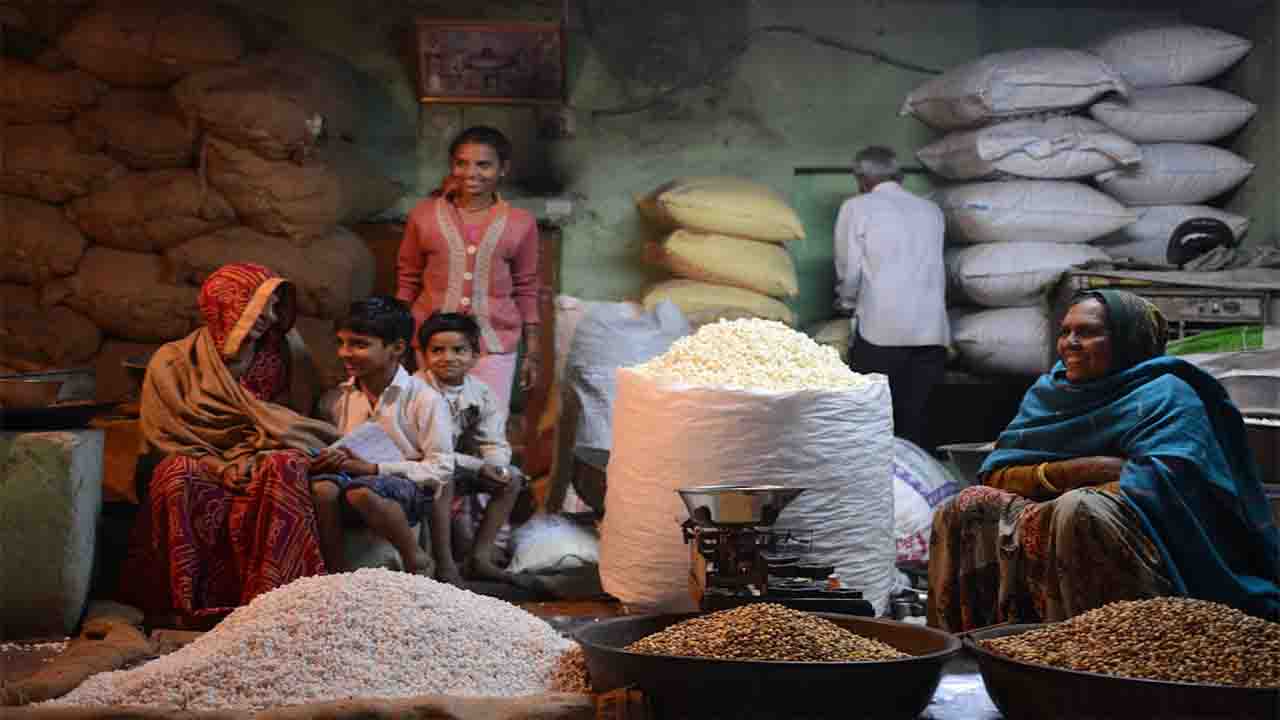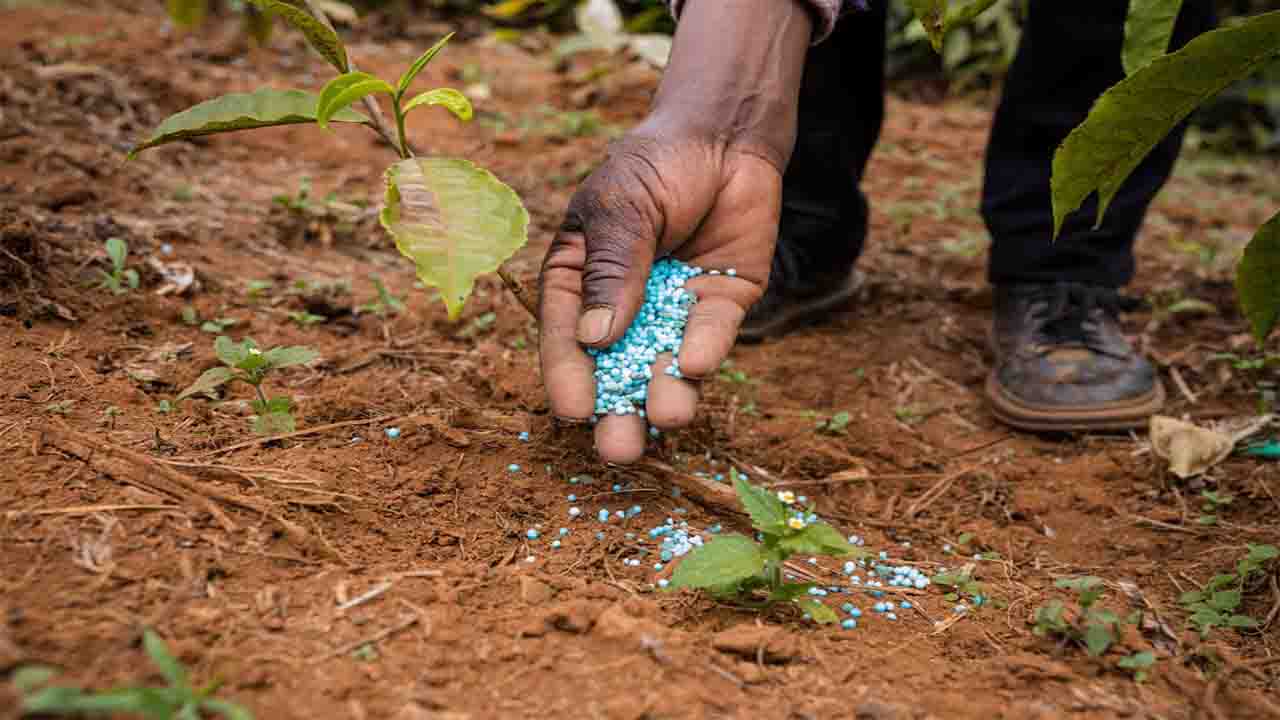NIGERIA – The direct consequence of these impacts has been a very large increase in inflation numbers in the country, and it is currently having serious implications.
Globally, no country is immune to inflation. Around the world, inflationary pressure has been experienced in the USA, the UK, and many other developed and developing nations. But in Nigeria, the peculiarity is that inflation has been getting higher steadily for the last two years.
Nigeria is one of the countries where inflation has grown the fastest, and it has been a concern for many businesses, and the government due to its severe impact post -COVID-19.
Lately, we have witnessed continued and unexplainable increases in the price of practically every known item and service across the country. The troubling trend is that most of these basic and essential necessities are increasingly out of reach for the majority of people.
Indicating that the country’s cost of living has risen at an alarming rate. That is, the rise in household spending required to maintain a consistent and decent quality of life has been a source of anxiety for many.
The National Bureau of Statistics (NBS) says Nigeria’s headline inflation rate increased to 18.24 per cent on a year-on-year basis as of June 2022. The percentage change is the highest in the last five years, according to the records.
Though academic literature has pointed out that once inflation exceeds a certain level, on average above 15%, it starts to have a negative impact on the economy, principally on economic stability, growth, employment and investment attractiveness. Even so, the author thinks that the real inflation in an economy is shown by the rise in prices of food, groceries, and other goods and services that people use every day.
Without a doubt, the food inflation trend over the last two years has been overwhelming. The proportion of the majority’s income that is spent on food has remained ridiculously high.
The persistent rise in inflation results in a decline in the buying power of Nigerians, who are therefore getting poorer. Because they will be forced to prioritise significant spending and the affordability of essentials will continue to decrease.
The consequences of high inflation are a spike in unemployment numbers, a rise in poverty rates, declining savings, a high number of jobless youths, crimes, and unrest. A report by Aljazeera titled “Inflation rises in Nigeria amid fuel scarcity and insecurity” indicated that four (4) out of ten (10) Nigerians are living below the poverty line.
So, with this trend, the author has noticed a spike and sharp rise in the demand for substituted products and services by the majority of the citizenry in the country.
















